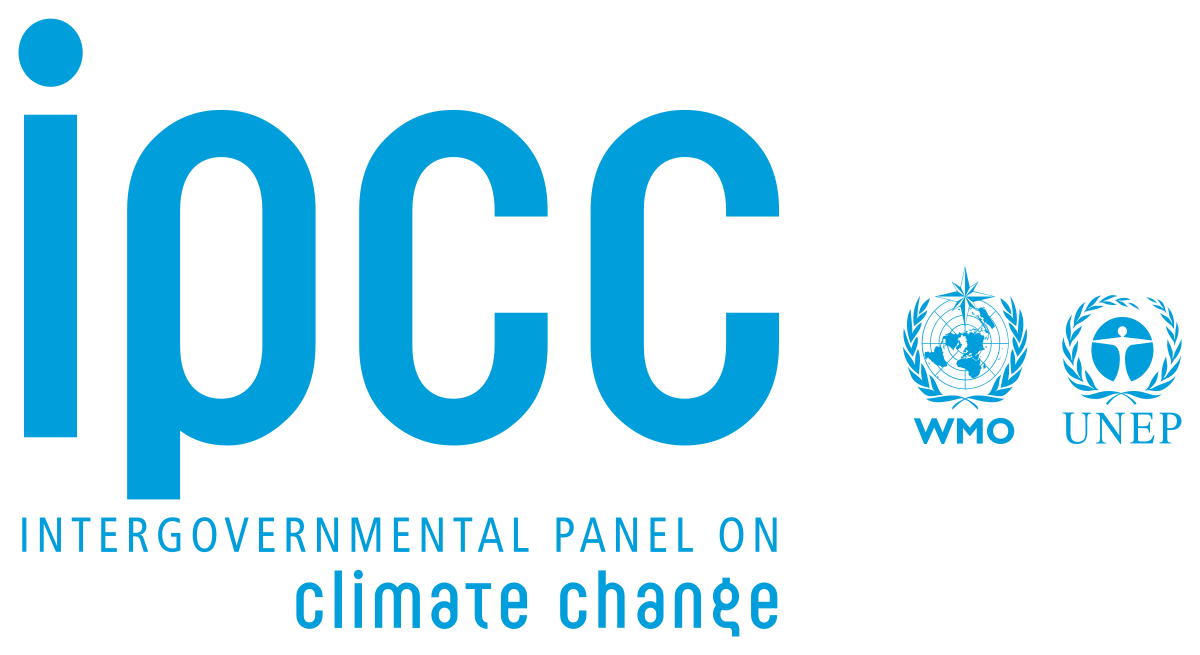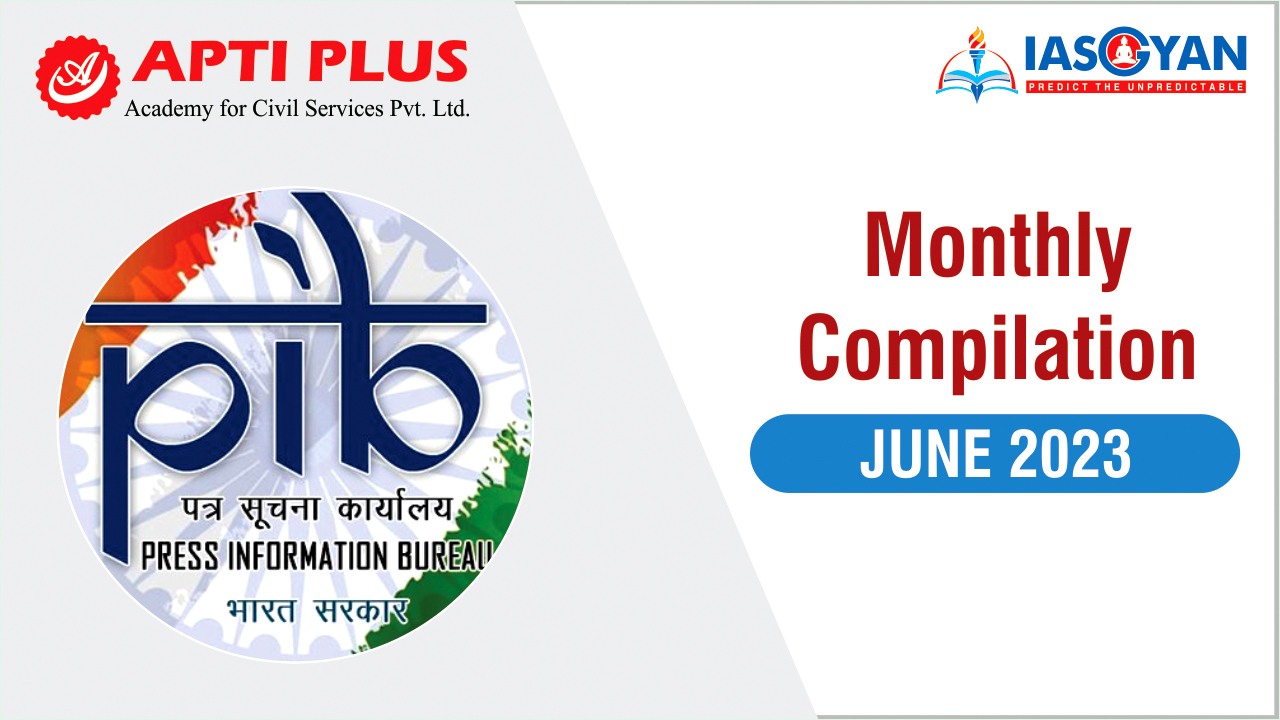NEW IPCC ASSESSMENT CYCLE

Disclaimer: Copyright infringement not intended.
Context
Recently the IPCC concluded its elections, marking the start of the seventh assessment cycle.
Background
- The IPCC was formed through collaboration between the WMO and UNEP.
- It is recognized as the most reliable source of scientific information on climate change.
- Six detailed assessment reports (ARs) have been published so far, with the latest being the final synthesis report of the sixth AR in March 2023.
Responsibility of IPCC Chair
- The Chair supervises reports released during each assessment period.
- They decide research topics and may publish extra special reports on specific subjects.
- Previous Chair, Hoesung Lee, focused on climate change solutions during his tenure since 2015.
- The Chair needs a unique combination of scientific and diplomatic skills to gain government approval for report summaries.
- Their term lasts for five to seven years, with a maximum of two terms.
- India's RK Pachauri served two terms as the Chair from 2002 to 2015.
- The Chair plays a crucial role in guiding research and ensuring credible reports, encouraging global cooperation to address climate change challenges.
IPCC Assessment Cycles
- Six assessment cycles have been completed, with detailed and special reports on specific topics, along with methodology reports providing guidelines on greenhouse gas emissions and removal estimation.
- The most recent cycle began in 2015, concluding in March with a synthesis report, summarizing the comprehensive report from that cycle.
- Earlier reports prepared by three working groups: Working Group I focused on the scientific basis of climate change, Working Group II on impacts on societies and nature, and Working Group III on reducing greenhouse gas emissions.
Seventh Assessment Cycle
- The recent elections concluded, initiating the seventh assessment cycle.
- Expected to last five to seven years.
- The IPCC Chair and bureau members will select authors and experts nominated by governments and organizations for upcoming reports.
- Selection process ensures a comprehensive and balanced perspective, considering scientific, technical, socio-economic views, as well as geographic and gender balance.
- The IPCC does not conduct its own research but relies on authors to review scientific papers to provide a comprehensive summary of climate change causes, impacts, risks, and mitigation strategies.
Conclusion
The IPCC reaffirms its reliability as a source of scientific knowledge on climate change with the start of its seventh assessment cycle after recent elections. Dedicated Chairs and expert authors collaborate to address climate change challenges, fostering global cooperation for a sustainable future.
MUST READ ARTICLES:
https://iasgyan.in/blogs/all-about-intergovernmental-panel-on-climate-changeipcc
https://www.iasgyan.in/daily-current-affairs/ipcc-ar6-synthesis-report
|
PRACTICE QUESTION Q. Discuss the assessment cycle and methodology of the Intergovernmental Panel on Climate Change (IPCC) in evaluating climate change and its impacts. Also evaluate the strengths and limitations of the IPCC's approach to climate assessment. |
https://indianexpress.com/article/explained/everyday-explainers/new-ipcc-assessment-cycle-begins-what-it-means-8871162



.jpg)

1.png)
